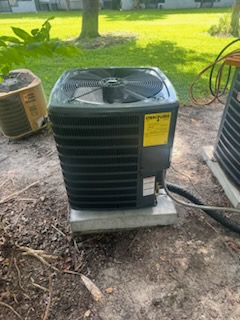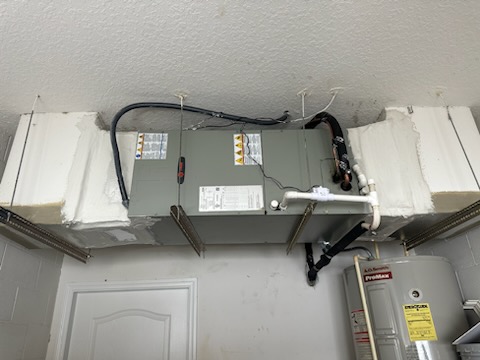Common AC Problems and How to Fix Them
Common AC Problems and How to Fix Them
Blog Article
How Regular AC Maintenance Reduces Repair Costs
Heating, Ventilation, and Air Fitness (HVAC) systems are crucial for sustaining ease in homes and businesses. However, like all mechanical systems, they could falter around time. Distinguishing early signs of trouble can save you from expensive repairs and assure your system runs efficiently. Here's how to acknowledge whenever your Ac repair system needs repair:

Signs Your HVAC System Wants Repair
There are lots of signs that your HVAC system may require repair. Some are more evident than others, but it's very important to focus on any improvements in your system's performance. Ignoring possible issues can lead to further damage and costly fixes down the line.
Uncommon Noises
One of the very visible signs that the HVAC process wants repair is unusual sounds from the unit. In the event that you hear slamming, clanging, or grinding looks, it could indicate that there's a loose or broken aspect within the system. It's crucial to not ignore these noises and keep these things examined by a qualified the moment possible.
1. Sudden Escalation in Power Bills
One of the very noticeable signs your HVAC system could need repair is a sudden spike in power bills. If your energy use hasn't changed considerably, but your costs have increased, it may indicate that the system is functioning tougher than it should. That usually occurs as a result of wear and rip or parts that require maintenance. Approaching the matter rapidly can reduce more effectiveness failures and larger costs.
2. Uncommon Tones
HVAC systems run with a certain level of background noise, but uncommon sounds like rattling, banging, squealing, or grinding shouldn't get unnoticed. These sounds may indicate free elements, supporter dilemmas, or generator problems. Ignoring them could lead to significant injury, turning an inexpensive resolve in to an expensive restoration job.
3. Fragile Airflow or Irregular Temperatures
If airflow from your HVAC is noticeably weaker or some areas sense also cool or hot while the others are relaxed, it could mean that your system's fan or ductwork is compromised. Such dilemmas may base from a clogged filter, duct flow, or failing compressor. Quick interest may ensure your home keeps regular ease levels.
4. Odd Smells
An embarrassing scent originating from your ports is never a great sign. A musty odor may indicate mold development within the machine, while using or smoky smells can indicate electrical or physical issues. These odors shouldn't be ignored as they may create health problems or cause system failure.
5. Frequent Biking or Difficulty Beginning
Does your HVAC program turn on and down more often than usual? Or does it battle to start at all? These issues can signal a trouble with the thermostat, wiring, or other inner components. Constant biking wastes power and increases wear on the device, leading to more significant breakdowns if left unaddressed.
6. Excess Moisture or Humidity Build-up

Your HVAC process is in charge of maintaining proper interior moisture levels. When you notice extortionate moisture near the machine or experience extraordinarily high moisture inside, it could suggest the device is malfunctioning. Refrigerant escapes or clogged drainage are common culprits, and they want quick skilled evaluation.
Final Ideas
Your HVAC process is a important investment in house comfort and power efficiency. Realizing early caution signs and acting rapidly will help reduce expensive breakdowns and extend the lifespan of one's system. Consider these dilemmas and consult a certified HVAC tech if you see some of them. Proactive attention today will save you time, income, and pressure tomorrow. Report this page